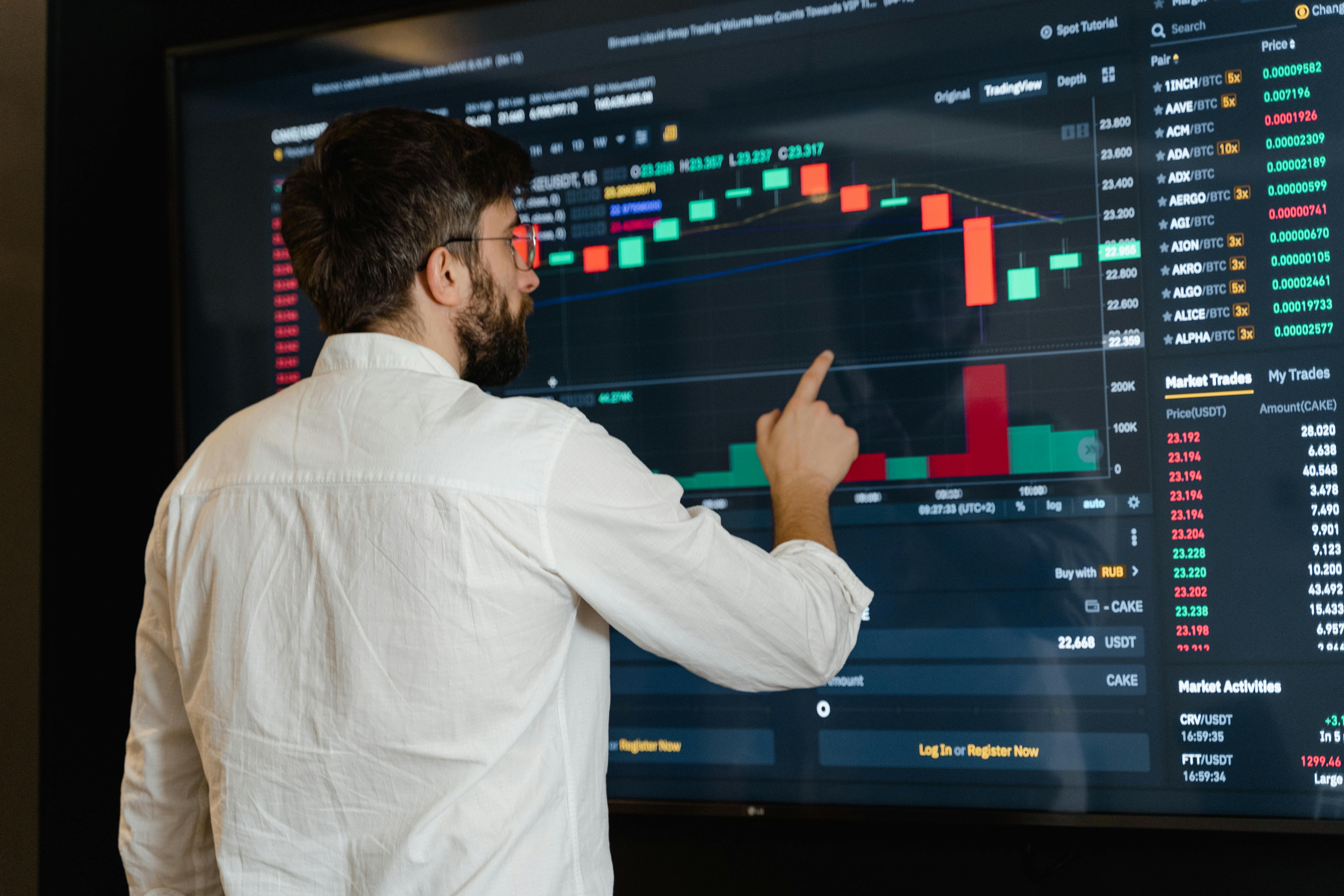
Decentralized Autonomous Organizations (DAOs): Revolutionizing Governance in Blockchain and DeFi
Decentralized Autonomous Organizations (DAOs): The Future of Collaborative Governance
Understanding DAOs: A Comprehensive Overview
Decentralized Autonomous Organizations (DAOs) represent a groundbreaking approach to organizational structure, leveraging blockchain technology to create transparent, democratic, and community-driven governance models. Unlike traditional corporate structures, DAOs operate through smart contracts, enabling decentralized decision-making processes that transcend geographical and institutional boundaries.
Technical Architecture of DAOs
The technical foundation of DAOs relies on blockchain networks, primarily Ethereum, which provides the infrastructure for smart contract execution. These organizations are built on sophisticated governance mechanisms that allow token holders to propose, vote, and implement decisions without centralized intermediaries. The smart contract framework ensures that every transaction and decision is recorded immutably, creating unprecedented levels of transparency and accountability.
Global Regulatory Landscape
The legal framework surrounding DAOs varies significantly across different jurisdictions. In the United States, regulatory bodies like the SEC are still developing comprehensive guidelines. Offshore financial centers such as the British Virgin Islands, Cayman Islands, and Switzerland have emerged as more crypto-friendly environments, offering more flexible regulatory approaches for DAO incorporation.
Regulatory Comparison Table
| Jurisdiction | DAO Legal Status | Taxation | Governance Restrictions |
|---|---|---|---|
| United States | Evolving | Complex | Strict Securities Laws |
| Cayman Islands | Favorable | Low | Minimal Restrictions |
| Switzerland | Supportive | Moderate | Flexible Framework |
| Liechtenstein | Blockchain-Friendly | Competitive | Innovative Approach |
Top DAO Protocols in 2024
-
MakerDAO: A pioneering decentralized lending platform that manages the DAI stablecoin ecosystem. With over $8 billion in total value locked, it represents a critical infrastructure in the DeFi landscape.
-
Uniswap: The leading decentralized exchange protocol, enabling permissionless token swapping with governance entirely managed by UNI token holders.
-
Aave: A revolutionary lending protocol that allows users to lend and borrow cryptocurrencies without traditional financial intermediaries.
Market Analytics and Trends
According to recent data from Messari and DeepDAO, the total value of DAO treasuries exceeded $20 billion in 2023, demonstrating significant growth and institutional interest. The number of active DAOs has grown by 300% compared to 2022, indicating a robust ecosystem expansion.
Technological Challenges and Innovation
DAOs face several critical technological challenges, including scalability, security vulnerabilities, and complex governance mechanisms. Emerging solutions like layer-2 scaling, advanced cryptographic techniques, and more sophisticated voting mechanisms are continuously being developed to address these limitations.
Future of DAOs: Emerging Trends
The future of DAOs extends beyond financial applications, with potential implementations in governance, social coordination, and decentralized resource allocation. Innovations in artificial intelligence and machine learning are expected to enhance DAO decision-making processes, creating more intelligent and adaptive organizational structures.
RWA.codes: Empowering DAO Development
At RWA.codes, we specialize in developing cutting-edge blockchain solutions that address the complex challenges of decentralized organizations. Our expertise spans legal framework design, smart contract development, and strategic consulting for organizations seeking to leverage DAO technologies.